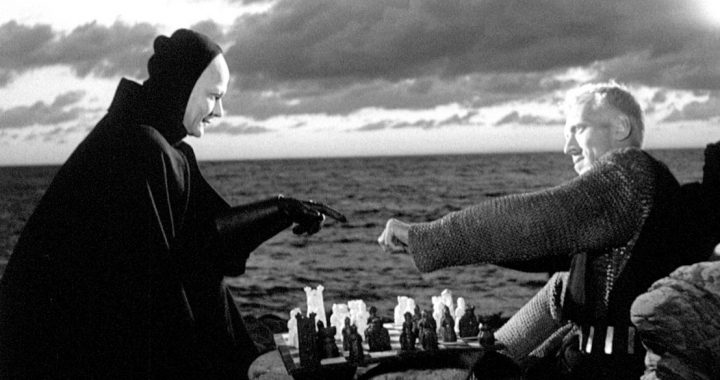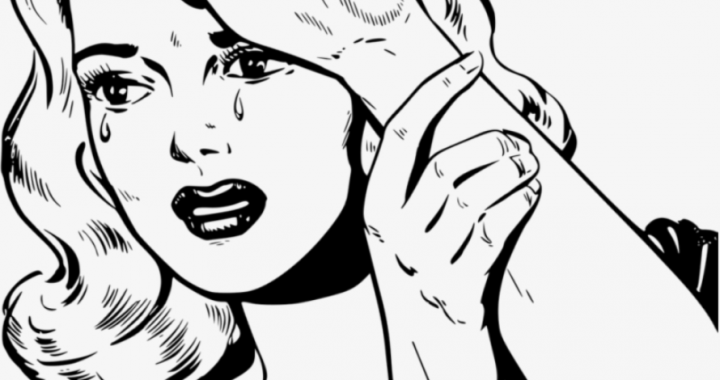Today’s exercise is a matter of life or death. For the characters. That’s because Mr Bell recommends that the stakes be so high, so grand and important, that they will make or break a character to his fundamental being.
I remember last night’s episode of Sex and the City, where Aidan leaving Carrie means she now has to come up with the down payment of her home, or live on the street. Pretty nice stakes there for one episode. Spoiler, when her friends loan her the money it is no small thing.
The last movie I saw comes to mind, Fitzcarraldo. Although opening an opera house seems like the insignificant whim of a madman, the fact that Fitz enters the Amazon at a dangerous angle does raise the stakes to life and death. Or the last book I read, The Fault in our Stars . . . if that doesn’t have death on every page . . .
Hell, almost all the great stories (if not all) involve death in some way. Freaking the Pokemon movie had Ash die for a minute, till he came back. For a children’s show that explicitly prevented death, that was a big move.
. . .
So death. We’ve got to have some death in our stories. Even my first two novels there is some death — psychological in the first, where one lead disappears forever, another lets his childish-side die in order to settle down, while the narrator gets stuck in a limbo between life and death, for a spiritual afterlife twist. In the second, the DJ lets go of his reckless childish self, essentially letting his coke-head self die, in order to be reborn a serious musician.
Death yes, but, granted, vague. It would have helped the stories to be more explicit on this point. Especially when so much depends upon the red wheelbarrow of death. Aren’t we obsessed with this? Gilgamesh, our oldest hero, goes out in search of immortality. Yeah, it’s a big deal.
So, my next novel will need this to be front and center. I’ve decided! And luckily Mr Bell recommends an exercise in doing this.
Define how your lead will die physically, professionally, or psychologically, if she does not achieve her objective. If you can’t, ask yourself if the objective is truly-crucial to the lead’s well being. Find a way to make it important so readers will understand why the objective must be met.
. . .
We have two characters, Juan and Sam, narrator and major character. From my pov today, it’s easy why Sam needs to achieve his objective. He shows up to Juan’s house in order to clear up the past. His wife has just passed away from cancer and he feels free to confront his friend for an earlier betrayal. He says, “Tell me the story,” because he is looking for an explanation, some sort of logic. Otherwise, “At this point, there is no point in living,” and Sam will end his life. Actually, he is and has always been in love with Juan, so he’s hoping that can start but . . .
Juan on the other hand begins dead. Or at least on the tail end of slow self-destruction. He’s about to lose his professorship. He’s drinking himself to sleep. And he never forgave himself for what happened between the friends. He needs to be forgiven because he thinks it’s the only way he can face life anymore, otherwise it’s this freeze death. If he does manage to be forgiven, or at least forgive himself, then he will “magically” love life again. Little does he know that the real rebirth will look like something else.
. . .
So there, that’s where death butts in between the leads and their objectives. Telling their story will work as a way of disentangling their desires and entering middle age with grace.
Of course I want death the linger in the middle, as conflict. Maybe there could be a lot of deadly drug use in the first third of the book, a slap stick mafia middle third, and a lack of money in the last third . . . to keep things spicy.
But no matter what, this, death, is a top priority! As odd as that sounds.




